(New York: Praeger, 1977.)
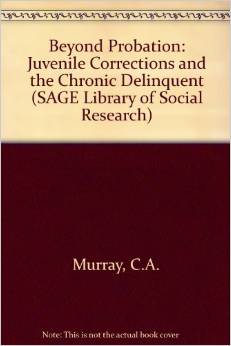
Beyond Probation: Juvenile Corrections and the Chronic Delinquent
(Beverly Hills, Calif.: Sage Publications, 1979.) (with Louis A. Cox, Jr.)
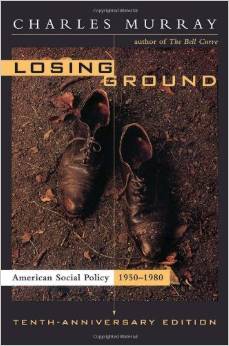
Losing Ground: American Social Policy, 1950–1980
(New York: Basic Books, 1984.)
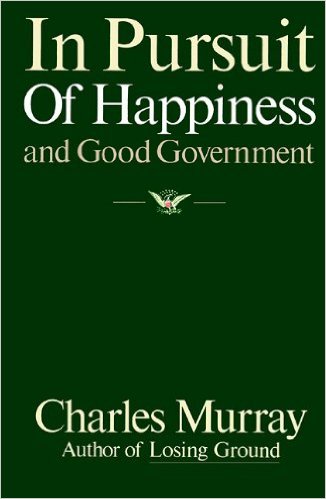
In Pursuit: Of Happiness and Good Government
(New York: Simon & Schuster, 1988.)

Apollo: The Race to the Moon
(New York: Simon & Schuster, 1989.) (with Catherine Bly Cox)
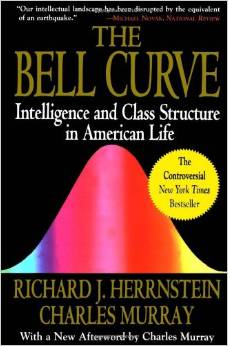
The Bell Curve: Intelligence and Class Structure in American Life
(New York: The Free Press, 1994.) (with Richard J. Herrnstein)
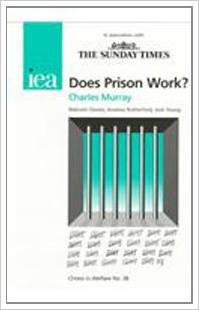
Does Prison Work?
(London: Institute of Economic Affairs, 1997.)
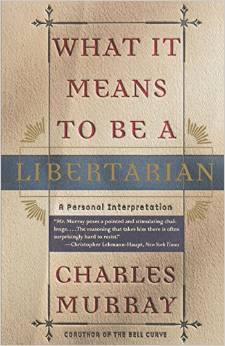
What It Means to Be a Libertarian: A Personal Interpretation
(New York: Broadway Books, 1997.)
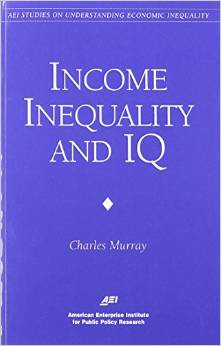
Income Inequality and IQ
(Washington: AEI Press, 1998.)
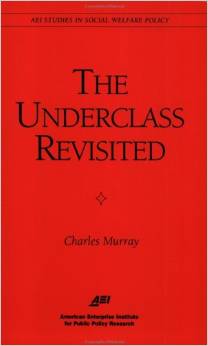
The Underclass Revisited
(Washington: AEI Press, 1999.)
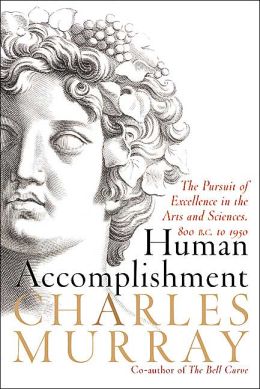
Human Accomplishment: The Pursuit of Excellence in the Arts and Sciences, 800 B.C. to 1950
(New York: Harper, 2003.)
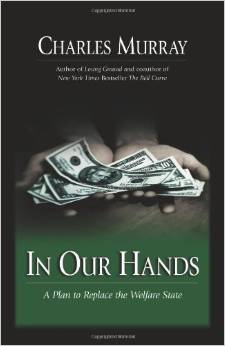
In Our Hands: A Plan to Replace the Welfare State
(Washington: AEI Press, 2006.)
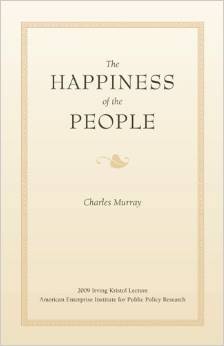
The Happiness of the People
(Washington: AEI Press, 2009.)
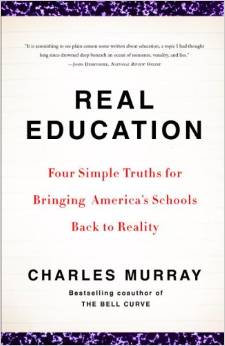
Real Education: Four Simple Truths for Bringing America’s Schools Back to Reality
(New York: Crown Forum, 2008.)
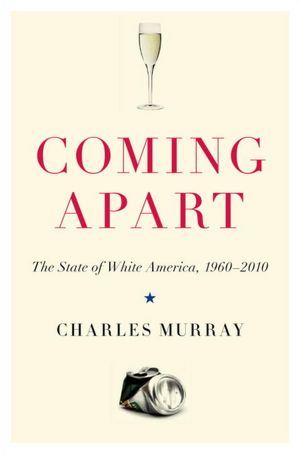
Coming Apart: The State of White America, 1960–2010
(New York: Crown Forum, 2012.)
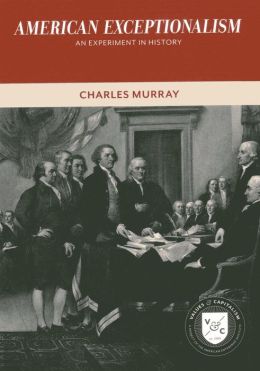
American Exceptionalism: An Experiment in History
(Washington: AEI Press, 2013.)

The Curmudgeon’s Guide to Getting Ahead: Dos and Don’ts of Right Behavior, Tough Thinking, Clear Writing, and Living a Good Life
(New York: Crown Forum, 2014.)
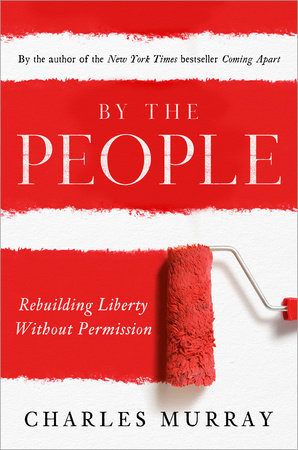
By the People: Rebuilding Liberty Without Permission
(New York: Crown Forum, 2015.)

